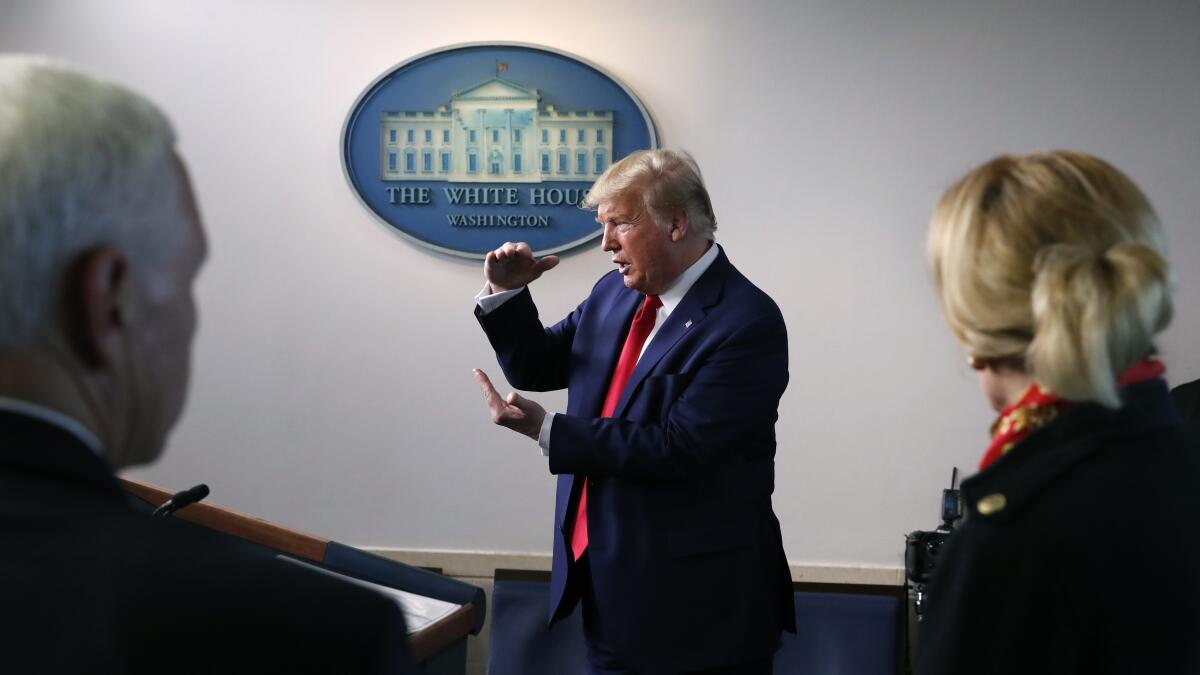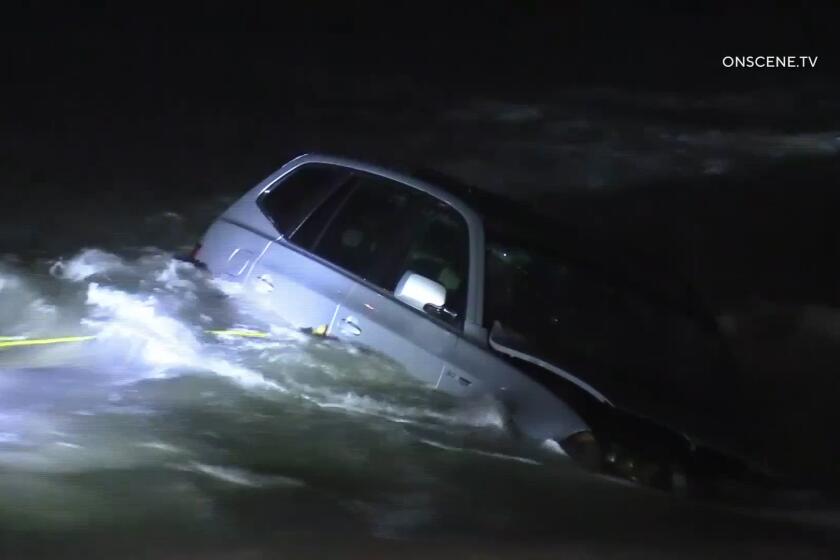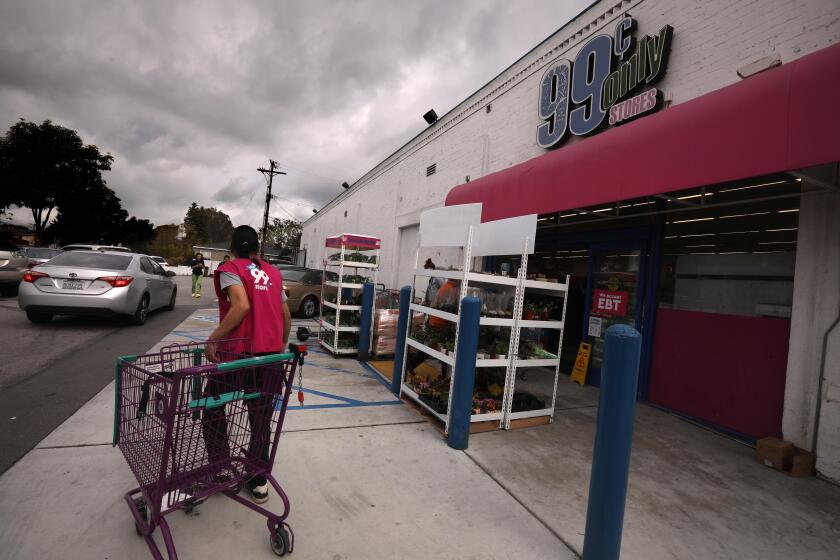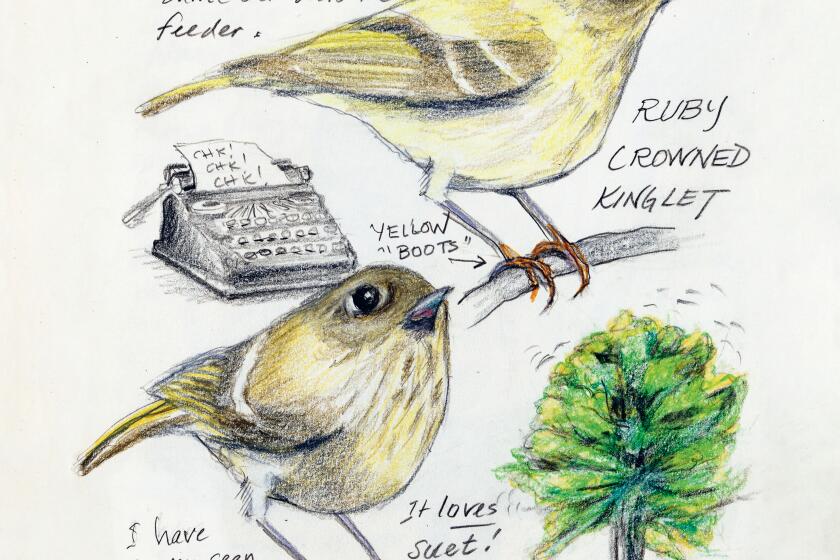Trump isn’t getting better at fighting coronavirus

Good morning. I’m Paul Thornton, and it is Saturday, April 4, 2020. I hope this morning finds you sedentary and symptom-free. Let’s take a look back at the week in Opinion.
I’m not going to lie: This is getting really hard, and not because of weariness from staying put (although my young children are starting to revolt, as I imagine some of yours are). Remaining housebound and yet employed is a simple sacrifice to make, considering the need to slow the COVID-19 pandemic and in the process prevent our healthcare system from collapsing.
Rather, what’s wearing me down, what’s contributing to this ever-quickening ebb of malaise, is the realization that our president does not appear to be getting any better at this.
Weeks have passed since Donald Trump first struck the more somber tone (an achievement for which only this president garners praise), and his coronavirus briefings are still punctuated by petty spats with reporters and comical displays of reverence for our dear leader — daily spectacles that our columnist Jonah Goldberg says “pretend the president is up to this challenge.” There’s no sense that this president knows which levers of the immense power available to him to pull, no feeling that the humanitarian crisis unfolding in his hometown weighs on him personally at all, no assurance that he’s correcting the catastrophic blunders his administration has already made.
A cure for the common opinion
Get thought-provoking perspectives with our weekly newsletter.
You may occasionally receive promotional content from the Los Angeles Times.
It’s worth asking, then: On what basis did Trump adopt the delusion of an ephemeral pandemic? Turns out he may have been “animated by more than his addled psyche,” writes columnist Virginia Heffernan, who delved into the writings of a libertarian legal scholar (read: not an epidemiologist) on the supposedly alarmist projections of coronavirus casualties, and in the process painted an ugly picture of what kind of “scholarship” gains ideological purchase in this administration. It also buttresses the argument, made this week on our op-ed page, that we have perhaps the worst president possible to handle a crisis like this one.
Renters deserve real relief, not Gov. Gavin Newsom’s half-measure. The governor’s announcement was triumphant: There would be a moratorium on evictions in California because of the worsening economic crisis. Turns out that wasn’t exactly true, notes the L.A. Times Editorial Board: Newsom would only be delaying evictions during the economic shutdown. In a few months, renters can still be thrown out of their homes, which is the last thing they and the state need in a pandemic. L.A. Times
Humans’ mistreatment of wildlife has created a pandemic superhighway. Viruses passed within animal species have long been known to spill over into the human population, but the pace of such events has picked up dramatically in recent decades, writes ethicist Viveca Morris. “The growing body of scientific research is clear,” she says. “Diseases like COVID-19 are an expected consequence of how we’re choosing to treat animals and their habitats.” L.A. Times
Asian Americans have been mistreated since COVID-19 emerged in China. Trump has made it worse. Russell Jeung, Manjusha P. Kulkarni and Cynthia Choi point out that since the president began insisting on saying “Chinese virus,” attacks against Asian Americans have become more common. Scapegoating ethnic groups is nothing new in American history, the authors write, but with attackers now drawing inspiration from the president himself, it’s time for Newsom to act. L.A. Times
Enjoying this newsletter? Consider subscribing to the Los Angeles Times
Your support helps us deliver the news that matters most. Become a subscriber.
Fewer cars are on our streets. It’s time to give more space to pedestrians. It’s amazing what a pandemic can do to fix the seemingly intractable problem of soul-crushing traffic in Los Angeles. What it doesn’t do is make our sidewalks any safer, since crowded concrete paths turn humans into effective disease vectors. Matt Fleischer has a solution: Local governments should close some streets to vehicle traffic and provide more space for humans to move around freely and safely. L.A. Times
COVID-19 is the story of our generation; to stay on top of it, please consider subscribing to the Los Angeles Times for access to all our journalism, and to our free coronavirus newsletter. For information on that daily newsletter, go here.
Stay in touch.
If you’ve made it this far, you’re the kind of reader who’d benefit from subscribing to our other newsletters and to the Times.
As always, you can share your feedback by emailing me at paul.thornton@latimes.com.
A cure for the common opinion
Get thought-provoking perspectives with our weekly newsletter.
You may occasionally receive promotional content from the Los Angeles Times.




